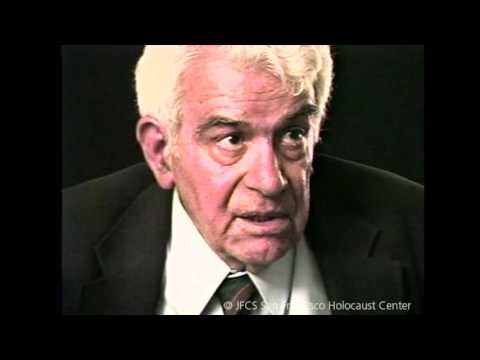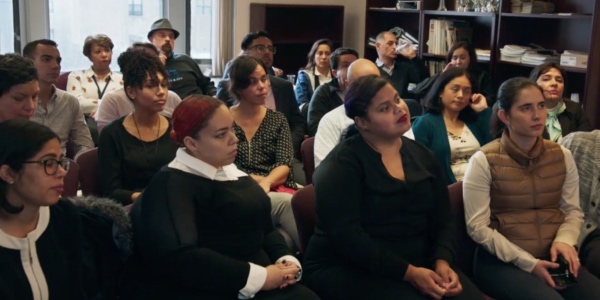Inquisitions and Heroes, Then and Now
The Spanish Inquisition ended in 1834. Its junior partner in crime, the Portuguese Inquisition, finished in 1821. So should we still be interested in Inquisitions today?
Unfortunately, the answer is yes. There is too much evidence that the ugly spirit of the Inquisition lives on.
Today’s cancel culture comes down hard on those it views as heretics—so hard, in fact, that I suspect Torquemada, from his own special corner in hell, is smiling in admiration of its power and fury.
For example, if someone were to make the heretical claim that “All Lives Matter,” they could lose their livelihood (Grant Napear, Leslie Neal-Boylan, a ‘handful’ of Cisco employees on July 17, 2020). Or if someone were to support President Trump openly, wherever they chose, they might lose their livelihoods or, in the most extreme cases, their lives with little outrage (Bernell Trammell, Aaron Danielson, Ashli Babbitt).
Other heresies worthy of lesser punishments include refusing to support kneeling during the national anthem (Drew Brees) and insistence that genetic/biologic sexual status has meaning (J. K. Rowling).

Just from the few examples above, it’s clear that opposing the theology (you should pardon the expression) of secular leftists is a dangerous endeavor. But to preserve our personal integrity and human dignity, on occasion it must be done.
When such times of trial arise, it’s worthwhile to remember those who faced down prior Inquisitions. Those heroes from the past can provide encouragement and inspiration during our own moments of crisis and keep us on a difficult but necessary moral path.
That’s why I believe my recently published historical novels about the 16th century Portuguese Inquisition are relevant and timely for modern readers.
My interest in the history of the Iberian Inquisitions began almost 50 years ago when, as a teenager, I was looking through my father’s rabbinic library and came across a book by Cecil Roth, “A History of the Marranos.” Its account of one heroic Marrano, Diego Lopes, struck me as particularly remarkable. After refusing final offers of mercy and boldly declaring his commitment to his faith, Diego Lopes was chained to a stake at his auto da fé and the pyre was lit.
Then, in front of thousands of astonished spectators, he vanished.
There was no dispute at the time about his actual disappearance. The only point of controversy was whether he was taken body and soul directly to hell because of his terrible heresy (the view favored by the Inquisitors) or whether he was taken to heaven because he was so noble (the view favored by the Marranos).
RELATED: More Proof Cancel Culture Is a Fraud
I never forgot that story.
Nearly half a century later, when I came across Miriam Bodian’s book, “Dying in the Law of Moses,” I was particularly intrigued when she described going through the archives of the Inquisition in Portugal and finding Diego Lopes’ original trial transcripts.
I was eager to learn how the Inquisitors recorded the dénouement of his auto da fé. I was surprised when Professor Bodian wrote that this final part of the transcript was missing.
I’m not big on coincidences and I began to wonder if this wasn’t evidence of a coverup of an incident that the Inquisition felt was best forgotten. That led me to do more research and to discover another unsung hero of the resistance to the Portuguese Inquisition—Father Antonio Vieira.
He was a devout Jesuit who was so open in his opposition to the Inquisition that he was imprisoned by the Holy Office for three years. Nevertheless, he boldly composed a two hundred page report detailing the corruption and cruelty of the Portuguese Inquisition and presented it to Pope Innocent XI. His report was so compelling that the Vatican’s response was to suspend the Portuguese Inquisition for seven years, from 1674 to 1681.
So I had learned about two incredible, but historically verified, opponents of the Portuguese Inquisition. One was a Jew who defied the Inquisition’s terrors and marched defiantly to the quemadero (the place of burning) where he was supposed to meet a martyr’s death.
The other was a devout Catholic priest who voluntarily placed himself in the cross hairs of the Inquisition because he was morally opposed to the political correctness of his day.
That lead me to write “Acts of Faith,” a historical novel depicting how Jews and Christians worked together to beat the Portuguese Inquisition. Soon after that, I completed the sequel, “Acts of Hope,” where this Judeo-Christian band of rebels raised the stakes in their fight against the Holy Office.
Saving one man from burning to death was no longer enough for them. They decided to risk everything they had to end all Inquisitions, everywhere.
The final hero I must mention, one from the 20th century, is Aristides de Sousa Mendes. He was a Portuguese diplomat who, because of his devout Christian faith, defied his government and gave thousands of life-saving visas to refugees from Hitler’s Nazis.

At his trial in Portugal for his refusal to bow to the political correctness of his day, he declared, “I would rather stand with God and against man, than with man and against God.” The Portuguese government convicted him of insubordination and punished him severely. As a token of homage to his courage and sacrifice, I dedicated “Acts of Faith” to his memory and gave the Jesuit hero in my books the name Aristides.
Historical fiction is a wonderful way to make heroes of the past come alive for modern audiences. And in these days, when the arbiters of political correctness are so fierce and full of hate—so much like the Inquisitors of old—I think it is good to rekindle the memories of the great people who resisted the Holy Office.
Recalling their refusal to bow their heads or bend their knees before the vicious authoritarians of their day, can help strengthen our resolve when we encounter the cultural tyrants of our time. That’s why I think the years I have spent researching and writing “Acts of Faith” and “Acts of Hope” were well spent.
——————————————
Martin Elsant is a retired radiologist currently living in Jerusalem, Israel. He’s always had an interest in Jewish history and now, in between grandchildren visits, has the time to indulge it. His “Acts of Faith” and “Acts of Hope” are now available on Amazon.com. The concluding volume of Elsant’s Inquisition Trilogy, “Acts of Dreams,” will be published this spring.
The post Inquisitions and Heroes, Then and Now appeared first on Hollywood in Toto.





